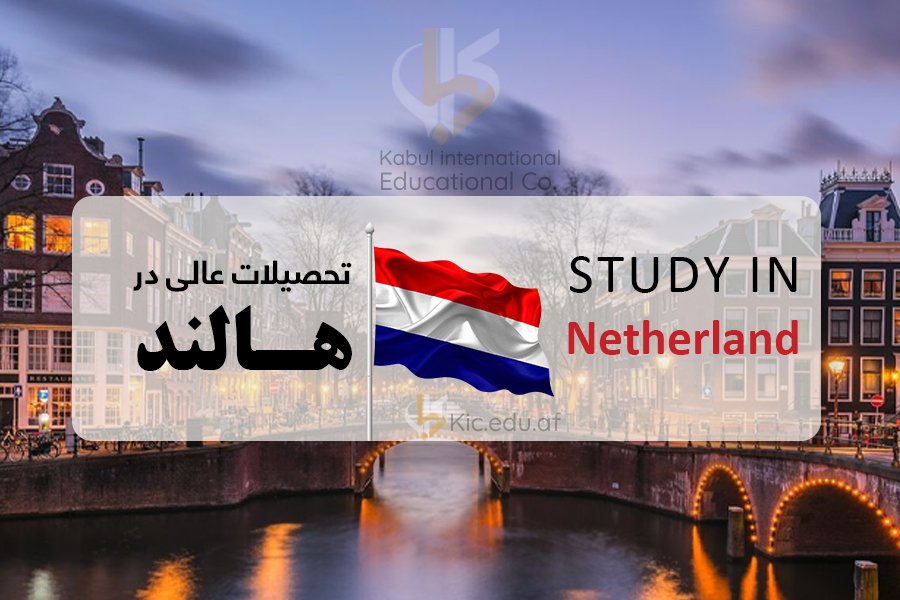
Why Study in the Netherlands?
The Netherlands is a popular choice for international students for many reasons, including its welcoming culture, high-quality education, and the wide availability of English-taught programs. Here’s why students from around the world choose to study there:
- International Environment: With a student community representing over 160 nationalities, the Netherlands offers an inclusive atmosphere. Nearly all Dutch citizens speak English, making it easy for international students to navigate daily life.
- Dynamic Student Life: Dutch universities foster vibrant student communities through events, clubs, and activities. Whether you’re into sports, nightlife, or academic pursuits, you’ll find plenty of ways to connect and engage.
- Innovative Learning Approach: Dutch education emphasizes interactive and independent learning. Professors provide guidance and resources but give students freedom to manage their studies, encouraging creativity and critical thinking.
- Affordable Quality Education: Dutch universities are globally ranked and offer top programs, especially in business, engineering, law, and water resource management. Tuition fees and living costs are generally lower than in many English-speaking countries, making it a cost-effective option for high-quality education.
Tuition Fees in the Netherlands
Tuition fees vary based on nationality and the type of institution:
- Public Universities: For EU/EEA students, fees range from €2,000–€4,500 per year. Non-EU students pay between €6,000 and €20,000 per year.
- Private Universities: Fees can go up to €30,000 annually.
There’s also a tuition reduction program, allowing first-year students to pay half the statutory fee.
Scholarships and Financial Aid
The Netherlands offers several scholarships and aid programs to support international students:
- Government Scholarships: Such as the Holland Scholarship and the Orange Knowledge Programme.
- University-Specific Scholarships: Many universities offer their own scholarships, like the Utrecht Excellence Scholarships or the VU Amsterdam Fellowship Programme.
- Additional Resources: Other sources of funding include Erasmus+ for EU students and private organizations.
Choosing a University in the Netherlands
To decide where to study in the Netherlands, here’s a helpful checklist:
- Understand Education Levels:
- Research-Oriented Universities (WO): These universities focus on academic and scientific skills, preparing students for research and academia.
- Universities of Applied Sciences (HBO): These institutions are practical and profession-oriented, offering hands-on training for specific careers.
- Consider Living Costs by Region:
- Cities like Amsterdam and Rotterdam are vibrant but costly, while areas outside the Randstad region, such as Tilburg or Groningen, offer a more affordable cost of living.
- Choose by Discipline:
- Some universities excel in specific fields, such as technology at Delft University of Technology or law at Tilburg University. Research university strengths by checking world university rankings by subject.
Top Dutch Universities
Several Dutch universities rank among the best in the world, including:
- Wageningen University & Research: Known for agricultural and environmental science.
- University of Amsterdam: Offers highly regarded programs in arts and social sciences.
- Utrecht University: Attracts thousands of international students each year.
- Delft University of Technology: Famous for science and engineering.
- University of Groningen: Offers a wide range of English-taught degrees.
Living Costs
The monthly cost of living in the Netherlands averages between €800 and €1,200, depending on the city. Here’s a rough breakdown:
- Accommodation: Shared housing costs €250–€500, while a private apartment can range from €750–€3,000.
- Utilities & Internet: Around €75–€175 for utilities and €30–€50 for internet.
- Transport: Public transportation costs between €35–€70 per month, but biking is a popular and budget-friendly option.
- Groceries: Students typically spend about €180 per month on food.
Student Visas and Language Requirements
Most non-EU students require a student visa. For English proficiency, tests like TOEFL, IELTS, and Cambridge English certificates are accepted. For exact requirements, check with Dutch embassies or the university directly.
By offering affordable, world-class education in a multicultural environment, the Netherlands is a great option for international students looking to study abroad.






